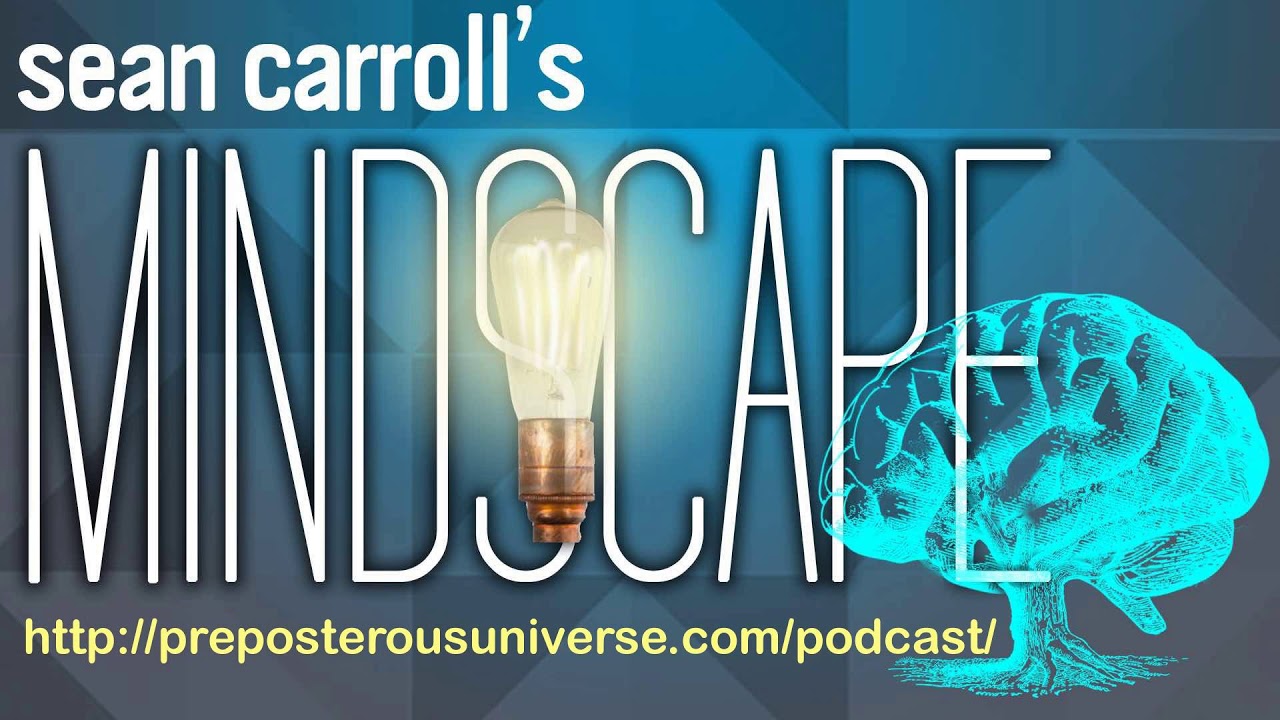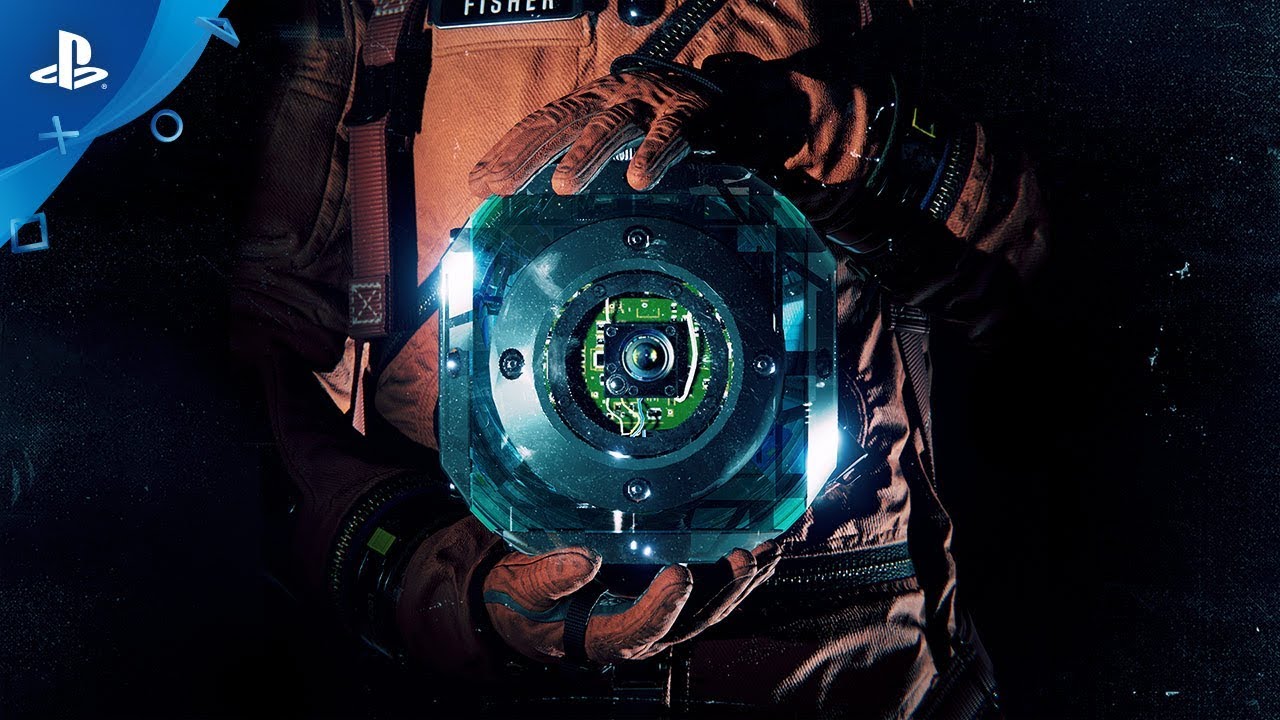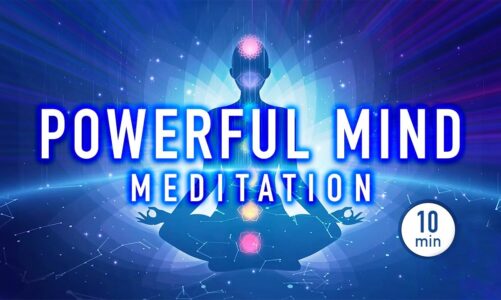Sean Carroll
Blog post with show notes, audio player, and transcript: https://www.preposterousuniverse.com/podcast/2018/12/03/episode-25-david-chalmers-on-consciousness-the-hard-problem-and-living-in-a-simulation/
Patreon: https://www.patreon.com/seanmcarroll
The “Easy Problems” of consciousness have to do with how the brain takes in information, thinks about it, and turns it into action. The “Hard Problem,” on the other hand, is the task of explaining our individual, subjective, first-person experiences of the world. What is it like to be me, rather than someone else? Everyone agrees that the Easy Problems are hard; some people think the Hard Problem is almost impossible, while others think it’s pretty easy. Today’s guest, David Chalmers, is arguably the leading philosopher of consciousness working today, and the one who coined the phrase “the Hard Problem,” as well as proposing the philosophical zombie thought experiment. Recently he has been taking seriously the notion of panpsychism. We talk about these knotty issues (about which we deeply disagree), but also spend some time on the possibility that we live in a computer simulation. Would simulated lives be “real”? (There we agree — yes they would.)
David Chalmers got his Ph.D. from Indiana University working under Douglas Hoftstadter. He is currently University Professor of Philosophy and Neural Science at New York University and co-director of the Center for Mind, Brain, and Consciousness. He is a fellow of the Australian Academy of Humanities, the Academy of Social Sciences in Australia, and the American Academy of Arts and Sciences. Among his books are The Conscious Mind: In Search of a Fundamental Theory, The Character of Consciousness, and Constructing the World. He and David Bourget founded the PhilPapers project.
Source




36:00 – Illusions are perceptions of events that don't actually occur. What would actually be having the illusion of consciousness if we are not conscious?
32:20 – Dr. Carroll is missing the point here. The mere fact that he asks himself the question – that he can "wonder" shows that he is conscious. That sense of curiosity and wonder, by being FELT, constitutes consciousness. Sure – a zombie could have been wired up to say those words, but that just means third person verification isn't possible. First person "awareness" is.
15:05 – People forget that their internal subjective experience IS something that they observe. All the time, every day. No, you can't observe someone else's subjective experience – all you have is their word that they're having such an experience. But you can observe your own, and the fact that you can't get third party validation of that information does NOT make it "not true."
Loved this
How realistic does a simulation have to be before we can define it as reality? In other words if there are no qualitative differences between 'simulation' and 'reality' what physical or philosophical difference is there between them?
hey guys,
i think sean could be absolutely certain that he is not a zombie. because sean knows what it is like to be conscious. the sean-zombie doesnt know anything. he isnt "thinking". thought is a part of consciousness. so even though sean-zombie says and does everything exactly like sean, he would have no idea of what consciousness is.
i have a bit of a problem with the premise of a zombie-world, even in theory. because dave's definition of it describes it as a world in which there are exact human life-forms without consciousness, but that do and say everything that their conscious counterparts would do and say.
why would a zombie cry, for example ? we cry, because we are feeling an emotion of some sort. maybe one of sadness, one of relief, etc. i see no reason why a zombie would ever evolve to cry ? or any other aspect of our lives. everything that we are, were, or could ever hope to be is 100% due to our consciousness. something that is totally lacking in the sean-zombie.
it is our consciousness that triggers everything we do. while i agree with the easy problem of finding out which nerve reactions cause us to cry. those specific nerve reactions do not occur until our consciousness triggers them. so if we had no consciousness, we would have no mechanisms to trigger the reaction, to begin with.
for most of my life, i just figured that our brains create our consciousness. i no longer think this is true. i do now suspect that our consciousness is not a physical part of us, because i am now aware of stuff that i had never been introduced to before. because i grew up with the western scientific philosophy.
i wouldnt be the least bit surprised if consciousness is the only fundamental in our universe, from which everything else arises. however, i also highly suspect that this is not provable. which is not at all satisfying to a curious mind !!
If your zombie believes itself to be conscious and has all the necessary internal states and self-awareness to maintain that belief then it is conscious.
"EXCELLENT"… thanks.
Made my GF listen with me as we lay down to go to sleep… She didn't stay awake to the end, but had a dream that she was Rosencrantz & I was Guildensturn & we were dead, so at least I know he unconscious mind paid attention to the end…
54:31
why is he confused about philosophical zombies. you could be the only conscious person and everyone else is just a bio computer. that's perfectly easy to imagine…
why would these zombies be pondering the meaning of consciousness? simply imagine the sims game. where the sims are pondering consciousness and writing books about it. they're just doing what they're simulated to do. but not conscious at all
As technologies like Neuralink is developing get better, I wonder if questions of comparing different people's experiences of colors, etc., will become testable.
I dont see this as a big issue. From the fisiological side we already know that decisions are done unconciously and conciousness is just informed of this actions after the fact.I think its just a hight level representation of the world for the agent we are, without that representation our actions would be more siimple, like first degree instead of second degree sistem. Thsi even makes sense for AI agents. No hard problem here.
Suppose a zombie listening to this podcast realized that he is merely an analog displaying human-like behaviors, but dark inside&lacking subjective experience, having always suspected that behavior from nearby beings represented genuine expressions of consciousness in a sense that he has known for a long time he does not have. Would this zombie's new self awareness suddenly impart unto him the mystical/scientific properties/characteristics that we will one day call the guideline litmus tests for consciousness in a being?
If the scientific property that will one day define the existence of consciousness cannot be imparted suddenly by self realization, then what kind of criteria would it have to be?
I've gained nothing, round and round we go
A fine example of emergence is neo-darwinism which explains life by random mutation combined with natural selection over millions of years. This law is an example of hard emergence in the sense that we know it is an explanation that can not be reduced to basic physical mechanisms. Indeed you would never find that law or explanation by looking into chemistry or physics alone. But to suggest as Chalmers does that this does not suit the materialist is I think misplaced. Because I would bet that although random mutation and natural selection theory can not be reduced to the level of physics it certainly does not deny physics. On the contrary. What Chalmers should be arguing is against reductionism which wrongly implies that all explanations must be derived from the microscopic sciences.
My jaw is on the floor after hearing this conversation. I have to consider applying for a job in Trump's staff, because they experience this everytime he gives a speech, so i will probably fit in nicely.
If anyone can give us explanation about conciousness, it will most likely be Carroll-Chalmers duet. I came across dr Carroll's podcast while gathering intel for my SF novel and i'm sure i will stay here for a long time.
Huge respect for both Gentlemen. Best regards from Poland.
Conciousness is as hard a problem as un-conciousness is easy.
We do need a change in how we view things. Quantum entanglement lets us know spooky stuff is going on in our universe.
Isn't consciousness just referring to the same (concept of) self that eastern philosophy has been teaching as non-existent for centuriess? And that the world is an illusion?
I think I am a Zombie theoretical physicist, that has conscious experiences eating a yellow unconscious philosopher's brain in the multiverse while observing the quantum entanglement of spinning electrons on a deeply hidden classical world!
32:45 "you've put your finger on the weakest spot."
That's the only spot. To me it seems Carroll's point completely refutes the zombie arugment. If something acts thinks, feels, moves, and interacts exactly the same as something it's implicitly not, what else could we say would differentiate the two?
Somewhere out there in No Man's Sky npc's have become conscious, developed scientific observation and philosophy, and are sitting back in a podcast saying "yeah, but if this were a simulation, why would it be so dang big?".
Sean Carol may be a zombie himself.